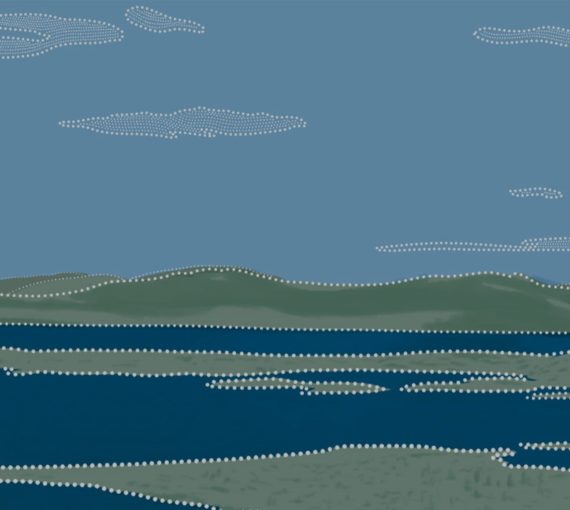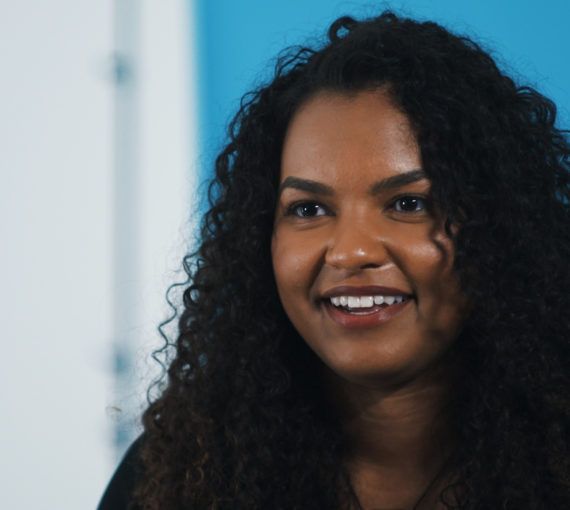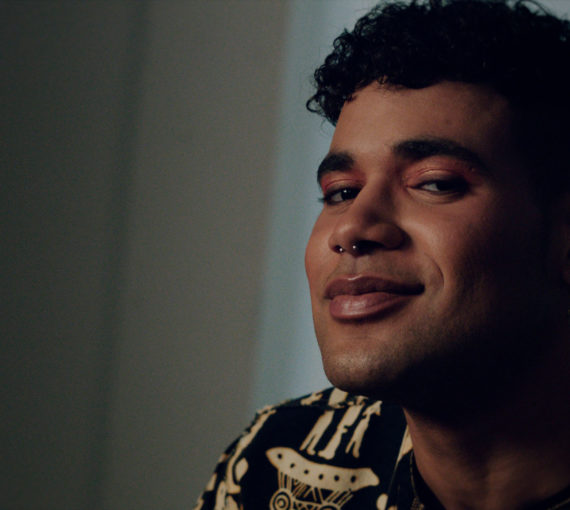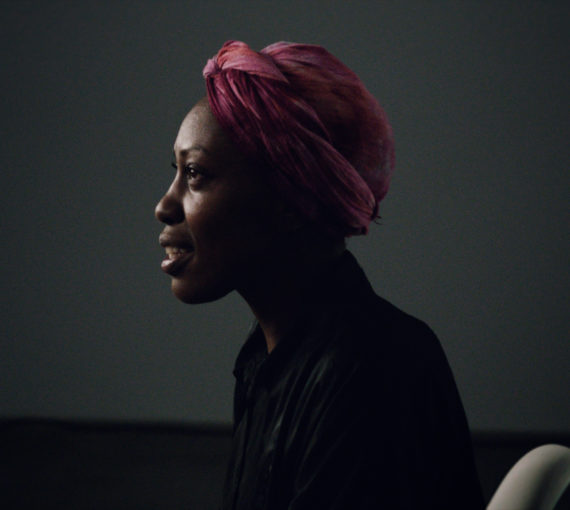This video series was produced on the traditional, ancestral and unceded territories of the Sḵwx̱wú7mesh (Squamish), Sel̓íl̓witulh (Tsleil-Waututh) and xʷməθkʷəy̓əm (Musqueam) peoples.
In this short video, part of a series that explores the inextricable connection between racial and climate justice, Anishinaabe Elder Veronica shares her powerful thoughts about the interconnectedness of Indigenous Peoples and the land.
Where I come from, not only am I part of the land, but the land is me.
Anishinaabe Elder Veronica
Veronica has long been dedicated to the C.R.A.B. Park movement which, she explains, involves “the host nations and the First Peoples of Turtle Island [working] with allies, supports, friends and community to hand the land back to the First Peoples and for them to continue to care for it and keep it for time immemorial.”
Veronica’s story is part of a series of videos by Moumy Mbacké, Avery Holliday and Dom Wakeland, which they created to “shed a crucial spotlight on some of Vancouver’s queer and BIPOC environmental and racial justice leaders, who speak about why they continue to fight and why we must act today.”
The series includes videos featuring urban ecologist Jaylen Bastos and artist and musician Tonye Aganaba, as well as three interviews with queer, Black climate justice advocates: Adriana Laurent, Udokam Iroegbu and Rita Steele.
I believe, I have great faith, that much more of Turtle Island will be returned to the First Peoples because it is our ancestors. Every grain of sand, every tree on Turtle Island is my and the First Peoples’ ancestor.
Anishinaabe Elder Veronica
Charged Up is the story of you — of all of us — on a mission for a cleaner, healthier charged-up Canada. We believe the energy transition should be guided by justice, diversity and equality.

The Land Back Movement
Systems of land governance under our current governments not only exclude Indigenous Peoples from decision-making tables where choices about land use are made, they also fail to set limits for industrial activities and development, driving wildlife decline and ecosystem degradation. The Indigenous-led Land Back movement aims to change that. To learn more about this important movement, check out this video series.



